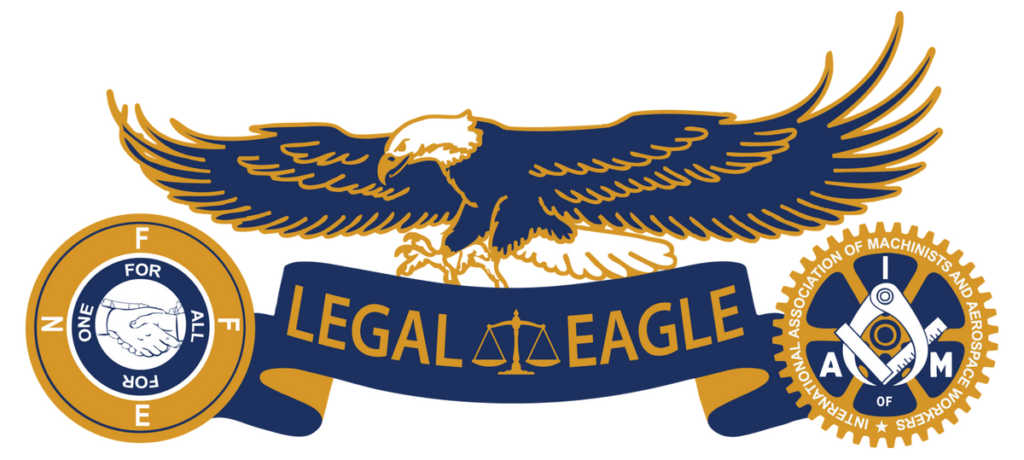

Department of Veterans Affairs, VAMC Richmond, 68 FLRA882 (2015).
Summary: The Union filed a ULP charge alleging that the Agency dealt directly with employees on working conditions and illegally bypassed the Union when discussing an employee’s potential move to a different floor. An Administrative Law Judge (ALJ) agreed with the Union. The Agency appealed the case to the FLRA arguing that the meeting was “haphazard, unorganized, and a brief discussion.” The FLRA upheld the ALJ’s findings that the meeting, despite being short and somewhat informal, constituted an illegal bypass of the Union.
Comment: This case is useful where the Agency attempts to deal directly with employees on matters of working conditions including the resolution of complaints and moves of employees. The Agency does not need to engage in a formal discussion with employees to be considered illegally bypassing the union. The length of time the Agency spent bypassing the union is immaterial. This case is also useful because the Authority found that changing floors is not necessarily a de minimis change, and just because the matter falls under the guise of management rights does not mean the Union may be bypassed.
Summary: An employee was suspended for 10 days for various allegations tied to a meeting he was ordered to attend. The Arbitrator reduced the suspension to an informal reprimand. The Arbitrator found in part that the Agency violated the employee’s Weingarten rights when they held a meeting to discuss the employee’s prior EEO discussions with co-workers. The Agency appealed the case to the FLRA. The FLRA denied the exceptions finding that a meeting where three supervisors are present, where the employee knew the Agency was concerned about his EEO discussions, and where the employee was reminded about the meeting several times, was enough for the employee to have a reasonable belief of possible discipline.
Comment: The facts of this case are helpful where there is confusion or disagreement over whether a meeting is an investigative meeting (Weingarten meeting) under 5 USC 7114(a)(2)(B). Here, the FLRA held that it looks at a number of factors to determine whether the element of the employee’s belief of possible discipline is met. This case is also helpful in laying out the elements that an employee or union must show to prove the Agency violated an employee’s Weingarten rights.
